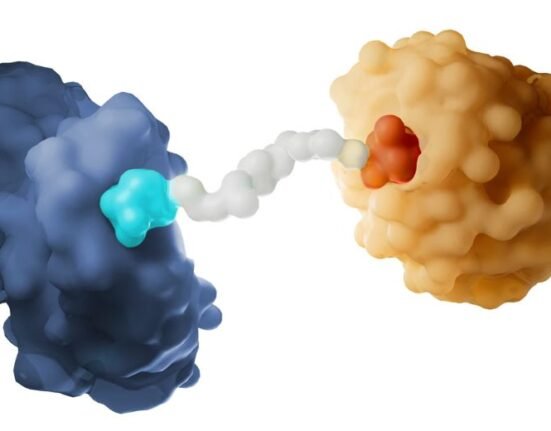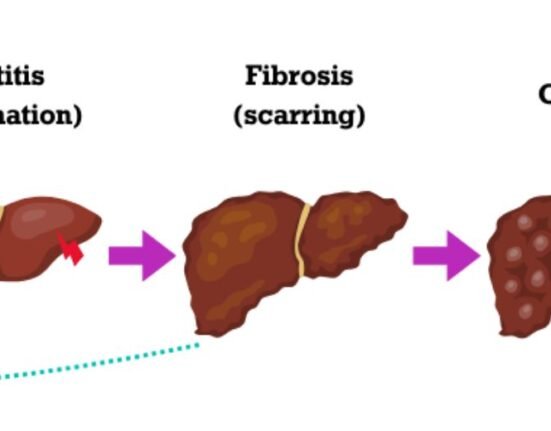HQ Team
November 22, 2022: A study by researchers at the University of Missouri reveals that a popular vitamin supplement nicotinamide riboside or NR, and a variant of B3, may cause brain cancer.
Taking the nutritional pill may lead to increased chances of breast cancer and brain metastasis, according to the study‘s results. Metastasis is when cancer cells spread to other parts of the body, beyond its initial location.
Commercial dietary supplements like nicotinamide riboside (NR) are known to be beneficial to cardiovascular, metabolic and neurological health. NR is also known as an anti-aging vitamin. A 2020 study found evidence that NR had some anti-inflammatory properties with “additional mechanisms” to potentially “modulate the aging process and thereby exhibit life-prolonging effects.”
“While the exact mechanisms through which NR exerts these effects remain unclear, the apparent health benefits described indicate positive effects of NR on longevity,” the study’s authors stated.
But the new research from the University of Missouri found that high levels of NR could also lead to an increased risk of developing cancer.
According to the study team, “NR could not only increase someone’s risk of developing triple-negative breast cancer, but also could cause the cancer to metastasize or spread to the brain.”
Elena Goun, an associate professor of chemistry at MU and one of the study authors, said when cancer reaches the brain, there are no viable treatments available.
“Some people take them [vitamins and supplements] because they automatically assume that vitamins and supplements only have positive health benefits, but very little is known about how they actually work,” Goun said. “Because of this lack of knowledge, we were inspired to study the basic questions surrounding how vitamins and supplements work in the body.”
Goun and team discovered the risk of cancer while using bioluminescent-based probes to see how NR affected cancer growth.
Using the bioluminescent technology, the researchers were able to examine the presence of NR with light, noting that “the brighter the light is, the more NR is present” in certain types of cells, including cancer cells.
“While NR is already being widely used in people and is being investigated in so many ongoing clinical trials for additional applications, much of how NR works is a black box — it’s not understood,” Goun said. “So that inspired us to come up with this novel imaging technique based on ultrasensitive bioluminescent imaging that allows quantification of NR levels in real time in a non-invasive manner.”
Investigating side-effects of vitamins
This study was performed in small animal models. The findings were in agreement with previous work published by several other independent research groups, emphasised Goun.
The study findings show the importance of investigating the side effects from supplements in people with different health conditions.
A statement from the Food and Drug Administration spokesperson clarified that dietary supplements such as nicotinamide riboside fall under a different set of regulations than those covering prescription and over-the-counter medicine. The FDA must find that the product is adulterated or misbranded to pull it from the market.
For most people, adequate levels of vitamins and other essential minerals are supplied by a variety of food such as meat, vegetables, fresh fruits and legumes and nuts. The National Institutes of Health recommends that adult men have 16 mg of Niacin per day, on average, with 14 mg recommended for women.








